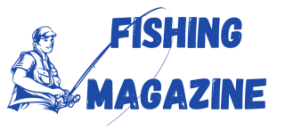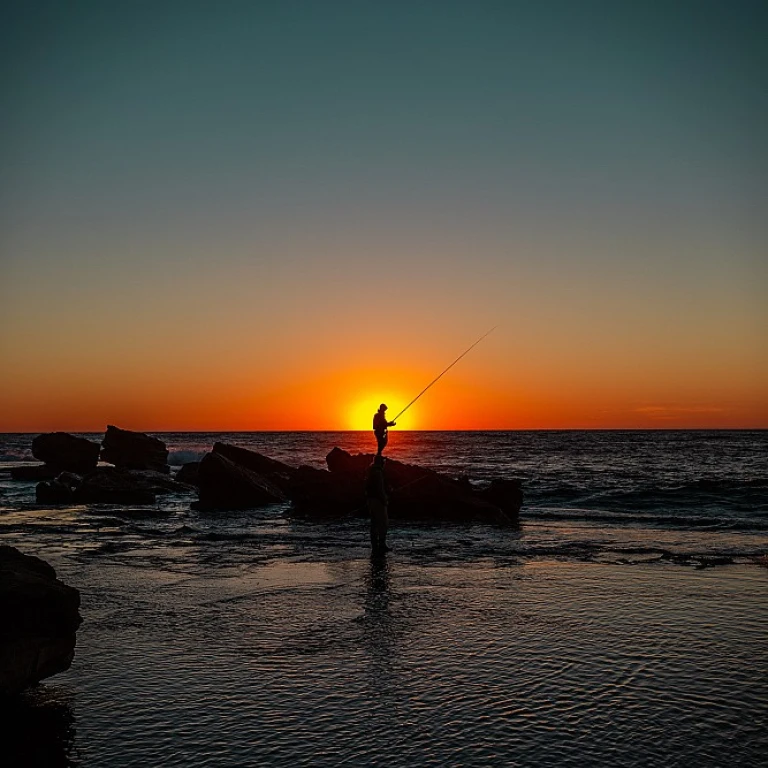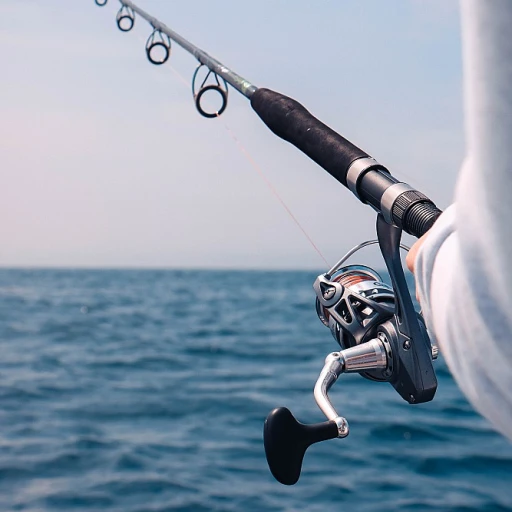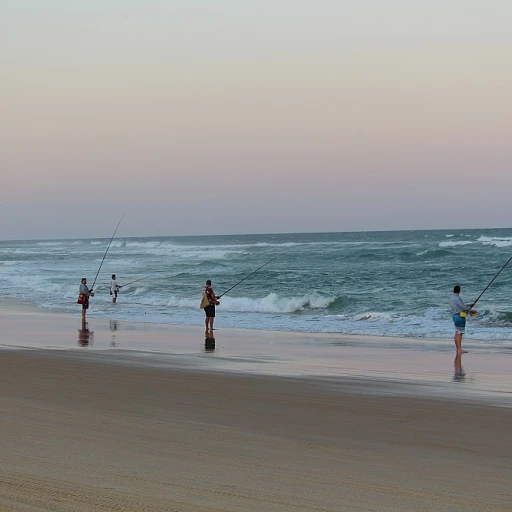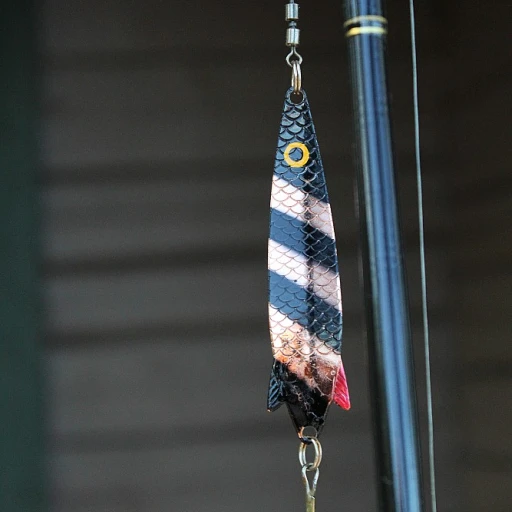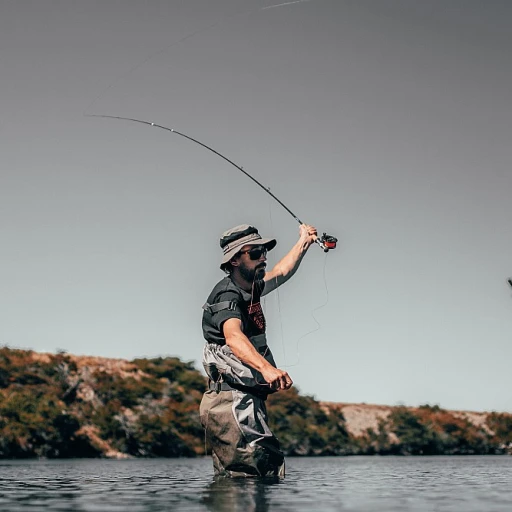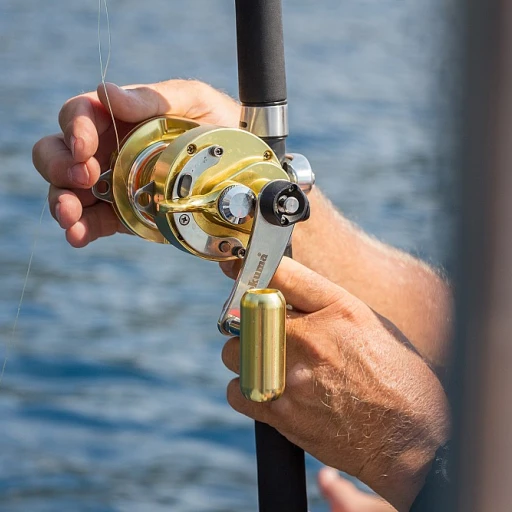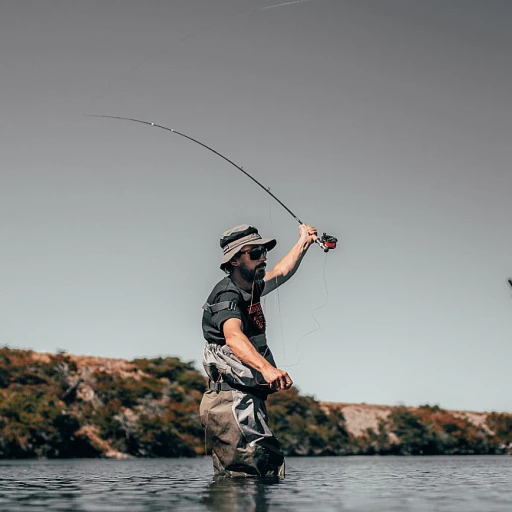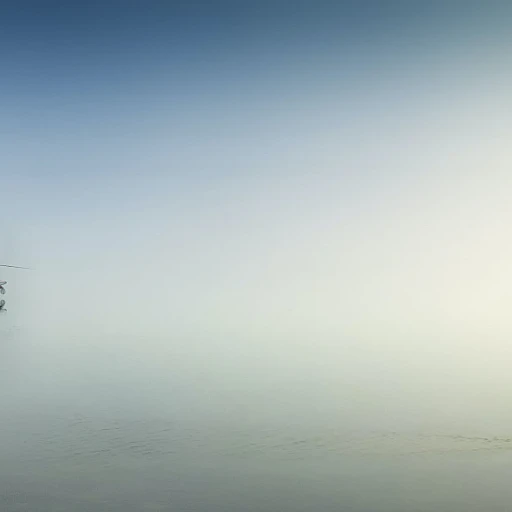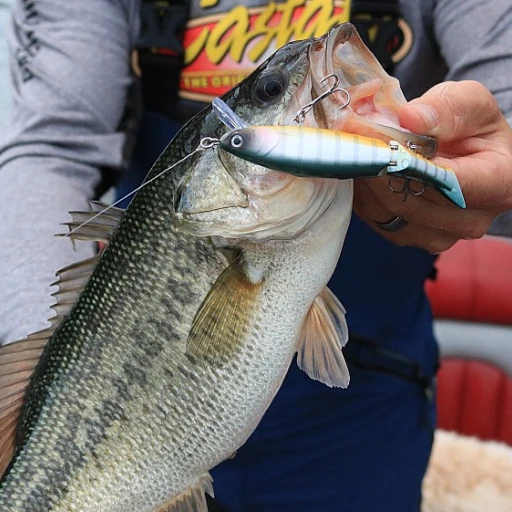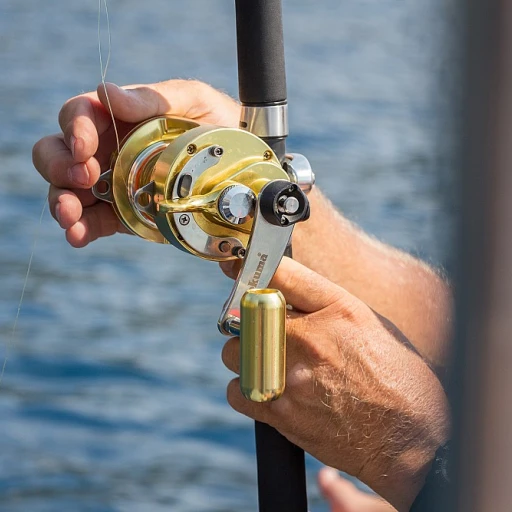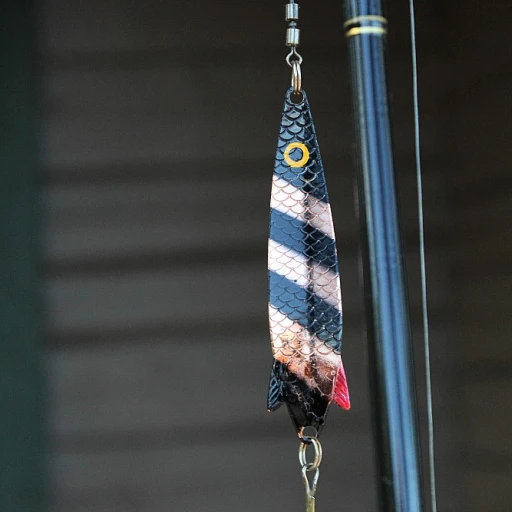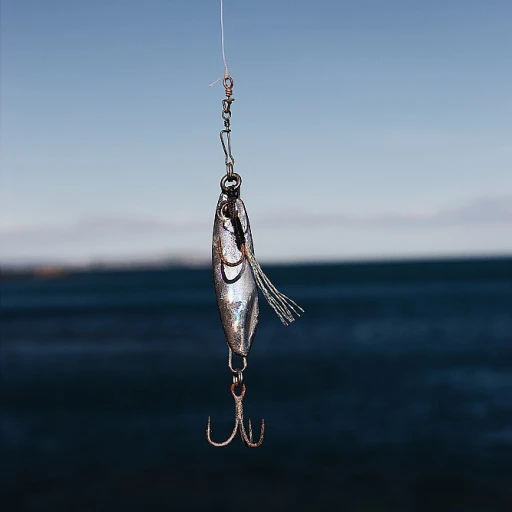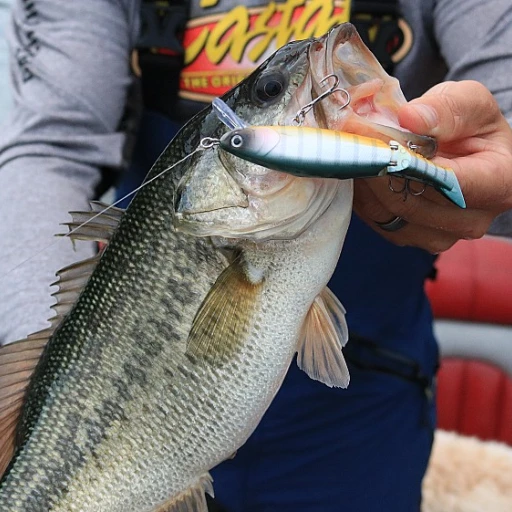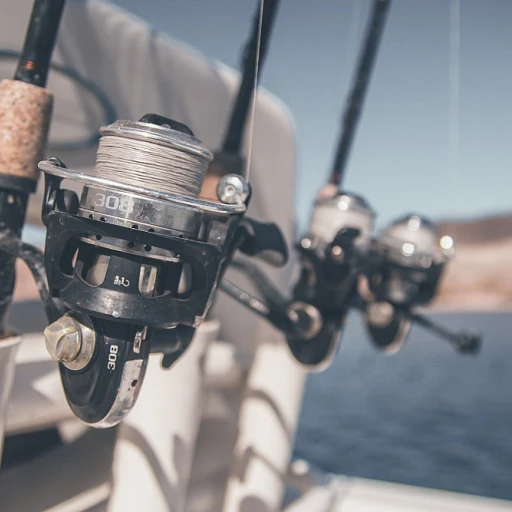
Understanding Steelhead Behavior
The Mystique of Steelhead Trout
Steelhead, a captivating migratory trout species, are known for their mysterious travels and remarkable adaptation to different water bodies. Their unpredictable nature is part of the exhilaration in pursuing them. They traverse from the vast spaces of Lake Erie to numerous rivers spread across Ohio, which makes Ohio steelhead fishing a thrilling pursuit for anglers.
Lifespan and Migration Patterns
These fascinating fish boast a lifespan of approximately four to six years, during which they embark on multiple river runs. Anglers often anticipate the peak fishing periods in spring and fall when steelhead return to their natal waters for spawning purposes. The Grand River and the Rocky River serve as two of the best venues where their presence becomes prominent, while the Chagrin presents its own unique allure. Understanding the migration patterns is vital, as the timing and flow of these rivers dictate where and when the steelhead will appear.
Navigating River Conditions
Naturally, the river conditions—flow rate, temperature, and clarity—play a significant role in determining the success of your fishing endeavors. For instance, the infusion of fresh water from rains can initiate a steelhead run, prompting anglers to head out with renewed enthusiasm.
The best practice involves monitoring local fishing reports for water conditions in these popular joints, including the renowned steelhead alley in northeast Ohio. Getting an accurate read on these environmental factors enhances your chances of engaging with these feisty trout.
Challenges in Pursuing Steelhead
While enticing, steelhead fishing in Ohio is not without its challenges. Fluctuating water levels and temperatures, combined with the steelhead's natural wariness, require both patience and adaptability from pursuing anglers. As you venture into these waters, embracing various techniques tailored to steelhead behavior becomes crucial in overcoming these obstacles.
Essential Gear for Steelhead Fishing
Gearing Up for Ohio's Steelhead Fishing
Fishing for steelhead in Ohio presents a unique opportunity for anglers to test their skills against this elusive fish. Having the right gear is essential for maximizing your chances of success during the steelhead runs. Firstly, a robust fishing rod and reel are crucial. Opt for a medium-heavy, fast-action rod that can handle the weight and strength of the steelhead. Pair it with a quality spinning reel designed for freshwater fishing, ensuring it has a smooth drag system to effectively manage steelhead runs. The choice of line is equally important. A good monofilament or fluorocarbon line, ranging from 8 to 12 pounds, is recommended. These lines offer a balance of strength and stealth, helping you remain undetected in clear waters. When it comes to lures, jigs, and flies, selecting the right ones can greatly enhance your catch rate. In Ohio's rivers like the Rocky, Chagrin, and Grand River, anglers find that egg patterns, streamers, and nymphs are particularly effective. These mimic the natural diet of steelhead and can entice both fall and spring steelhead to bite. For those keen on fly fishing, a 7 or 8-weight fly rod is ideal. Fly anglers will benefit from a variety of flies that emulate local baitfish and insects. Steelhead in rivers and tributaries feeding into Lake Erie are particularly responsive to these strategies. Clothing and wading gear shouldn't be overlooked either. Quality waders and boots will keep you comfortable in the cold waters, allowing you to focus on the thrill of the catch. Remember, steelhead fishing in Ohio can be unpredictable, and conditions change rapidly. Reliable weather gear and knowledge of the rivers will increase your chances significantly. Stay informed with a local fishing report to keep up-to-date on conditions and advised practices. For a deeper understanding of seasonal fish behaviors and optimal fishing strategies, consider exploring information on the walleye spawning season. Understanding broader fish habits can enrich your steelhead fishing experience.Top Steelhead Fishing Spots in Ohio
Ohio's Premier Steelhead Fishing Locations
Exploring the best steelhead fishing spots in Ohio offers a thrilling adventure for anglers craving the challenge and excitement of catching these magnificent fish. With its diverse waterways, Ohio provides a range of environments perfect for steelhead fishing.- Rocky River: Known for its productive runs, the Rocky River is a magnet for both novice and seasoned anglers. Located near Cleveland, this river offers convenient access and rewarding catches, especially during the peak seasons of spring and fall.
- Chagrin River: This river is a favorite for many, thanks to its clear waters and abundance of steelhead trout. Anglers can enjoy a mix of scenic beauty and productive fishing, with plenty of opportunities to perfect their fly fishing techniques.
- Grand River: Located in the heart of steelhead alley, the Grand River meanders through Lake County, providing expansive water stretches where steelhead will eagerly chase a well-presented lure.
- Lake Erie Tribs: Ohio's portion of Lake Erie includes several smaller tributaries, commonly referred to as the "erie tribs," that offer seasonal runs of steelhead. These spots provide a chance to cast lines in a variety of settings, each with its unique charm and fish behavior.
Techniques for Successful Steelhead Fishing
Mastering Techniques for a Successful Catch
Steelhead fishing in Ohio offers an adrenaline-pumping challenge for anglers eager to test their skills. Given the nature of these resilient fish and the diverse terrain, employing effective techniques is essential. Here’s a guide on what to consider when setting out on the waters of the Rocky River, the Chagrin, or other top spots like Lake Erie:- Timing Matters: Steelhead, a migratory fish related to trout, follow specific runs. The Ohio steelhead season peaks during the cooler months, from September to April, when they migrate from Lake Erie into the tributary rivers. Plan your outing accordingly to coincide with these peak times.
- Drift Fishing: This technique involves casting upstream and allowing your bait or fly to drift naturally with the river current. Look for depth changes, riffles, and runs, which are favored steelhead haunts.
- Fly Fishing Considerations: For those interested in fly fishing, the precise presentation is crucial. Utilize imitative patterns such as nymphs or streamers to mimic the natural food sources steelhead hunt. Present your fly delicately to avoid spooking the fish, especially in the clear waters of spring.
- Equipment and Tackle: From spinning reels to fly rods, your equipment should match your preferred method. The typical steelhead rod ranges from 9 to 11 feet, providing the necessary reach and action for effective casting and fish handling.
- Weather and Water Conditions: Water clarity and temperature play significant roles in steelhead behavior. Cold periods can slow down their activity, whereas moderate temperatures can trigger feeding. Adjust your tactics based on water levels influenced by rain or snowmelt. Understanding how steelhead behave under different conditions can vastly improve your success rate.
Challenges and Solutions in Steelhead Fishing
Overcoming the Difficulties in Catching Steelhead
Steelhead fishing in Ohio is a unique experience, offering countless opportunities and challenges. Anglers often encounter demanding scenarios, especially when casting their lines in the renowned steelhead spots like the Rocky River or the Chagrin. Let's dive deeper into these challenges and discover a few solutions to enhance your Ohio steelhead fishing adventure. One significant challenge is adapting to the unpredictable water conditions. The levels and clarity of rivers, such as the Grand River and others in the steelhead alley, can change rapidly due to weather conditions. Storms can lead to murky waters, making it difficult for steelhead to spot your lure or fly. Anglers need to stay updated on fishing reports and be flexible in their approach, switching to brighter and more visible lures when necessary. Another challenge is timing the steelhead runs. Fishing in spring, especially around the transition period, requires patience and keen observation. The best action often comes during the steelhead runs in autumn, typically around September, but it can extend into the cooler months of spring. Monitoring the water temperatures and steelhead activity reports helps to predict these runs more accurately, ensuring a successful catch. The competition for prime fishing spots is an ongoing challenge, particularly near popular areas like Lake Erie and the rocky banks of the Cleveland rivers. Early arrival is crucial. Anglers often head out before sunrise to secure the best locations. Additionally, understanding the behavior of steelhead this time can greatly increase your chances of success. Navigating unexpected obstacles is part of the thrill, but having strategies in place alleviates a lot of frustration in steelhead fishing adventures. Fly fishing guides and local guide services are invaluable resources, offering expertise on the water dynamics and steelhead temperament in Ohio's great lakes region. Connecting with these experienced professionals can enhance any fishing trip dramatically, providing curated techniques suited to the varying conditions. Ultimately, mastering these challenges not only heightens the joy of fishing in Ohio but also contributes to the broader efforts of community and conservation, ensuring sustainable use of these splendid resources for generations to come.Community and Conservation Efforts
Fostering a Unified Steelhead Community
The steelhead fishing community in Ohio plays a crucial role in conserving and enhancing the rich fishing opportunities across the state's diverse waterways. Anglers from various backgrounds gather to share experiences, tips, and strategies to ensure that steelhead fishing remains a thriving and accessible pursuit for generations to come. Engagement within the community takes many forms, from joining local angling clubs to participating in larger-scale conservation projects. These collaborative efforts are often centered on:- Promoting Sustainable Practices: Responsible fishing practices are vital to maintaining the balance of Ohio's aquatic ecosystems. Anglers are encouraged to follow catch-and-release guidelines to support the sustenance of steelhead populations in rivers like the Grand River and Rocky River.
- Conservation Initiatives: Organizations dedicated to preserving Ohio's waterways spearhead numerous initiatives to improve water quality and habitats. They work tirelessly with the community to mitigate challenges such as pollution and habitat degradation.
- Educational Programs: Workshops and seminars provide anglers with the knowledge needed to navigate the complex behaviors of steelhead and adopt best fishing practices. Such programs enrich the fishing experience on waterways like Lake Erie and Chagrin River.
